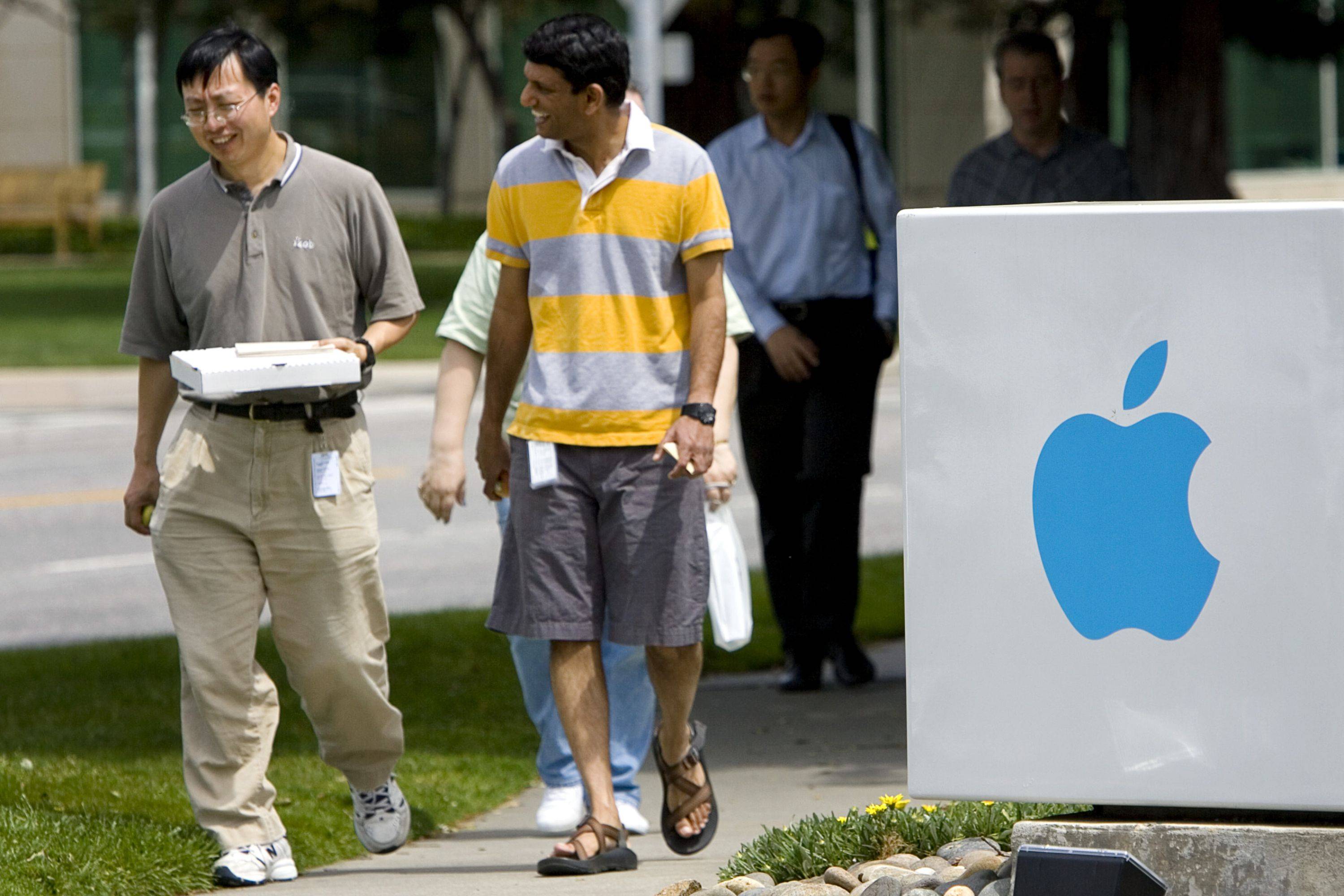Newly announced reforms to the H-1B immigrant visa system have the potential to reduce the number of foreign workers allowed into the U.S., just as the Donald Trump administration intends. The problem is that goal makes no sense. If implemented, the changes will seriously harm many businesses — small firms and health-care providers especially. Overall, they’ll harm U.S. workers, not help them.
Trump has already modified the H-1B program, which brings 85,000 skilled workers to the U.S. a year, but the new rules go further. The policy tightens the definition of "specialty” occupations that qualify for H-1B status and prevents companies from hiring foreign workers unless they have degrees that precisely match available job postings — making it impossible to hire a worker with an engineering degree as a software programmer, for instance.
To prevent businesses from undercutting wages, the government will also require employers to increase the salaries of H-1B visa holders. The highest-skilled immigrants will have to be paid at the 95th percentile of the prevailing wage for their occupations, up from the 67th percentile under current rules. And visas for workers hired by information-technology placement firms will be limited to one year, a change affecting tens of thousands of people, mostly from India.


















With your current subscription plan you can comment on stories. However, before writing your first comment, please create a display name in the Profile section of your subscriber account page.